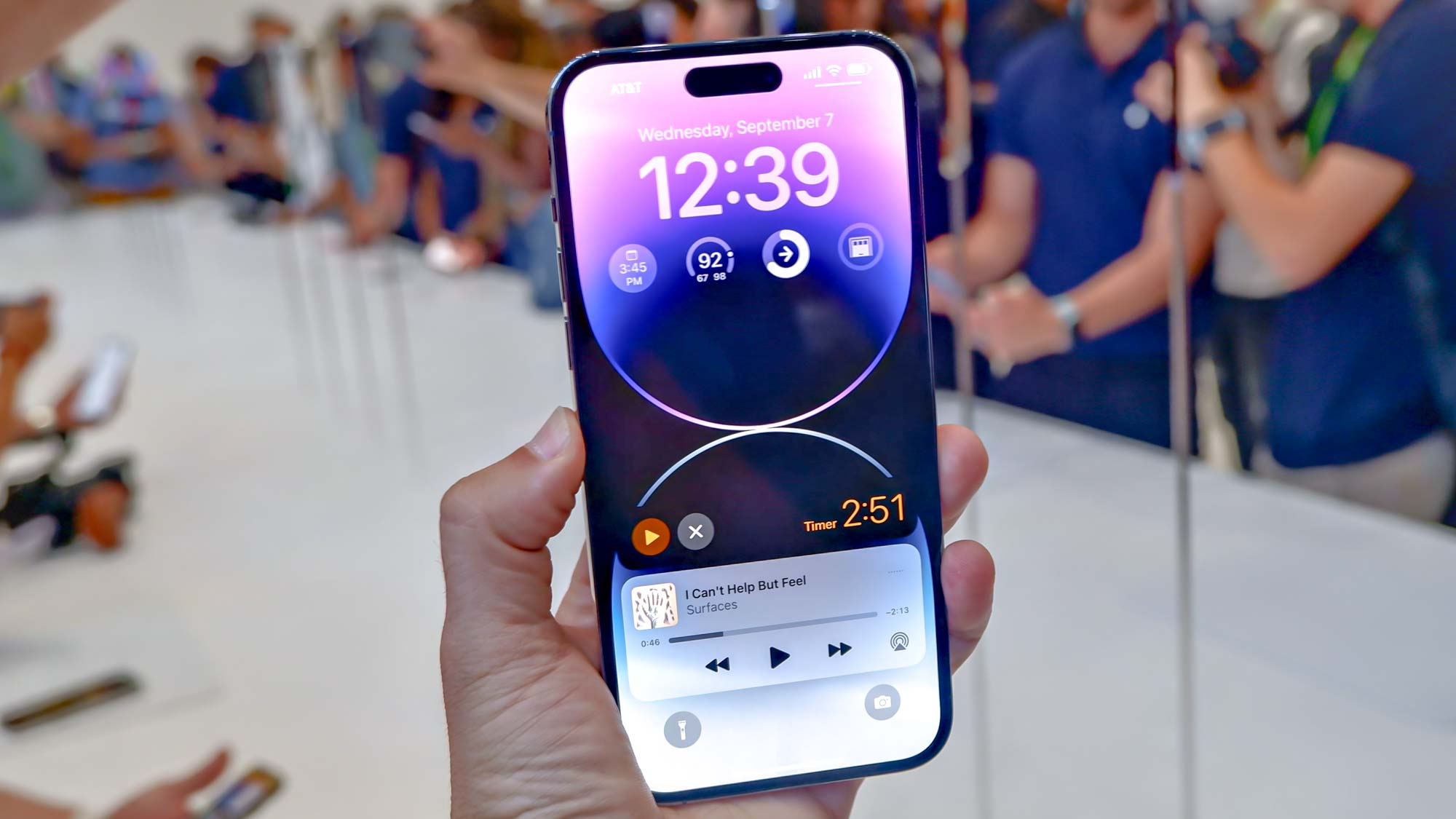The iPhone 15 Pro could be even more powerful than we thought
iPhone 15 will reportedly be first to use 3-nanometer chipset tech

The iPhone 15 could be even more powerful than initially expected, thanks to it allegedly adopting the very latest in chipmaking technology.
Reporting from Nikkei Asia claims Apple is aiming to be the first to use chip-maker TSMC's improved 3-nanometer process, known as N3E, for new M3 and A17 chips for its 2023 Macs and iPhones. Smaller chip manufacturing processes mean more transistors on a single chip, which in turn means more power and greater power efficiency for the devices they power.
For comparison, the A16 Bionic chip for the iPhone 14 Pro and iPhone 14 Pro Max uses a 4-nanometer process.
We've yet to see device makers use chips manufactured with the existing 3nm process that TSMC currently has. We'd heard previously that Apple would use the existing N3 process to make its iPhone 15 chips, but the timeline seems to have sped up based on what Nikkei Asia's sources have now said.
Allegedly, this current process will be used in upcoming iPads, but that's a confusing claim. Older rumors we have heard for future iPads say they'll be using the M2 (in the iPad Pro 2022's case) or the A14 (for the iPad 2022), which are both 5nm chips.
As for Macs, it's expected that we'll see M2 Pro and M2 Max versions of the chip appear next month in some updates to the current 14-inch MacBook Pro and 16-inch MacBook Pro models. These should still be 5-nanometer chips though, even if they would still offer enhanced performance compared to the Apple M1 Pro and Apple M1 Max chips.
The bad news for next year from Nikkei Asia's sources is that, like the iPhone 14 series, only the iPhone 15 Pro could get the A17 chip. The base models will instead get the A16 chip found in the iPhone 14 Pro models, going by the new pattern that Apple established this year.
Get instant access to breaking news, the hottest reviews, great deals and helpful tips.
We still have a year until the next iPhone arrives, since we've only just got the iPhone 14 and iPhone 14 Pro. So in the meantime, check out the rumors so far for the iPhone 15, and our iPhone 14 Pro Max and iPhone 14 Plus hands-on reviews. And see our iPhone 14 deals page to save up to $1,000.
Read next: iPhone 15 be getting USB-C, but there's still a future for a possible portless iPhone. But don't expect Touch ID to make a triumphant return on iPhone 15 or future models

Richard is based in London, covering news, reviews and how-tos for phones, tablets, gaming, and whatever else people need advice on. Following on from his MA in Magazine Journalism at the University of Sheffield, he's also written for WIRED U.K., The Register and Creative Bloq. When not at work, he's likely thinking about how to brew the perfect cup of specialty coffee.
 Club Benefits
Club Benefits





